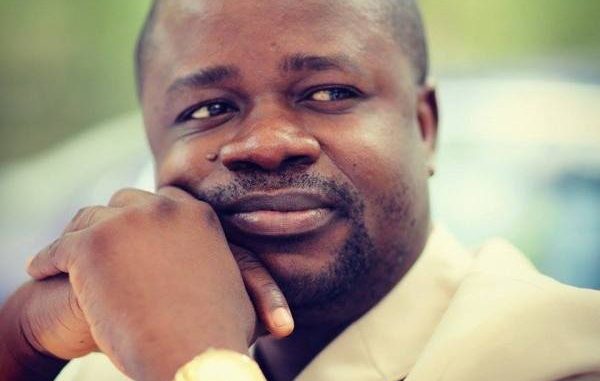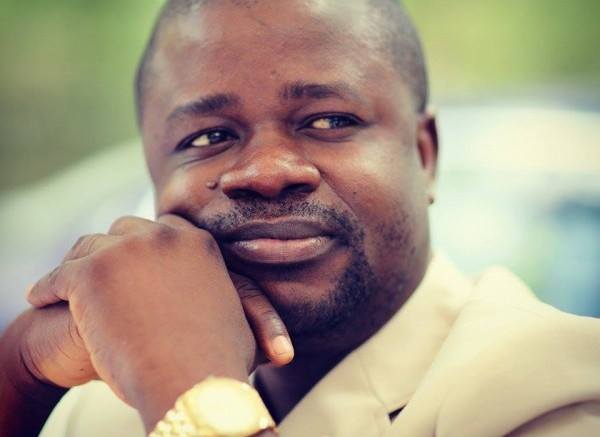
John Baimba Sesay-China
Nigeria is an economic power in West Africa. It has had its own share of hard economic meltdown. The effect of such on the Nigerian economy and its implications on employment, argued Bimbola Oyesola, in a piece titled, “The Economic Meltdown And Nigeria’ was so devastating that “from the banking sector to the manufacturing, oil and gas, and the informal sectors, none is insulated from the problem. Most companies trying to find a way out, or around the logjam, have tried outright retrenchment, downsizing, rightsizing, outsourcing etc.”
What the country did was to introduce measures aimed at addressing the huge existing challenges. By November 2015, Nigeria introduced a number of austerity measures, scaling down its crude oil bench mark for its 2015 budget. The cut on revenue projection Dr. Ngozi Okonj-Iweala had said was to maintain economic stability, “…boost non-oil revenues further, plug loopholes and waste, as well as cut unnecessary expenditure in order to cope with the situation (www.vanguardngr.com/2014/11/fg-introduces-austerity-measures).
South Africa is another case in point. In February 2016, the country’s finance minister, Pravin Gordhan said, South Africa’s economy was ‘in crisis’ as it “was struggling with shrinking growth, 25% unemployment, and widespread poverty.” The government had to ensure “spending cuts, a civil service job freeze and some moderate tax rises.” (bbc.co.uk/news).
Sierra Leone has had a fair share of commendation from the framework of government’s performance. By 2008 downwards, it had leaned towards promoting socio-economic rights, and simultaneously maintaining macroeconomic stability, with huge investment stepped up in public services, infrastructure and other priority areas, eventually ensuring a paradigm shift from overwhelmingly depending on donors to being able to fund our own development.
Despite the global finance crisis that came immediately after the election of President Ernest Koroma, the country’s economic growth was robust. In fact, the country’s ‘change’ trajectory for growth, according to President Koroma was focused “on investment and reform in the key strategic sectors which are most critical to unlocking the full productive potential of our economy.” (President Koroma, Trade and Investment Forum, 2009)
Overall, Sierra Leone was doing well. In a work, titled ‘Ebola In Sierra Leone: Economic Impact & Recovery’ Dr. Peter Davis, submits, convincingly, that few years prior to the ebola outbreak, Sierra Leone’s economic performance had been good. “The expansion in iron ore and cash crop exports”, he said, “had resulted in GDP growth accelerating from 6% in 2011 to 16.7% in 2012. Tight monetary policy had led to a 6.9% drop in inflation (from 18.5% in 2011 to 11.6% in 2012)”.
This was it; an enabling environment that had been ensured by the government, with the framework provided for investors and investment opportunities until ebola struck, added to other global factors. Ebola, I must hasten to state, left a telling effect on almost all sectors of our growth potentials, not least the economy.
Of three hardest hit nations of Guinea, Liberia and Sierra Leone, ours was the worst hit in economic terms; a large portion of our mining sector, which accounted for 16% of GDP in 2013, contracted. Much as reasons could be linked to ebola, the decline in the global price of iron ore is another factor.
The drop in price of commodities had an adverse effect on a number of economies. Few instances; Nigeria at one point, wobbled from the drop in oil prices, whilst Zambia, known for copper, also got hit by falling commodity prices, and same with Australia-for iron ore.
In essence, Sierra Leone has not been an exception and as such its government should not be blamed for such challenging moments. The post-ebola economic challenges are daunting but government never relaxed in fixing those challenges left by the virus. The recent measures taken by government are indicative of its commitment to tackling those challenges and for which the government should be given credit.
Resources are needed for country growth. Where those resources needed are not available, efforts should be taken to get them. This is more about country driven efforts than relying on support from outside.
A decline in revenue would therefore mean, stepping up efforts in ensuring a revenue surge. By that we are bound to meet our commitment to poverty-related programmes and the implementation of post-ebola recovery priorities. It therefore comes as welcomed news that government has announced expenditure rationalization measures in a bid to addressing the existing challenges.
Few things to also pursue; tax and revenue mobilization, ensuring a bang in tourism and paying attention to agricultural productivity are vital in this drive.
Domestic revenue plays an integral part in our growth process. The National Revenue Authority is our country’s lifeblood. That institution has been impressive in the last close to a decade, in terms of performance. They should be encouraged to do more. It should continue embarking on robust mechanisms in its revenue collection efforts, such as ensuring strict compliance and enforcement strategies; the intensification of its field audit; distress actions like the sealing of offices of business places of defaulters; imposition of penalties on tax defaulters.
Tourism can be a strategic industry for the future of our country. We should work towards making it labor-intensive thus creating employment. The country largely offers high-end ecotourism experiences like bird watching, sport fishing and climbing in nature preserves such as Outamba-Kilimi National Park, Lake Sonfon, Gola forest and Tiwai island sanctuary among others.
With hundreds of kilometers of prime beaches, it can account for considerable percentage of youth employment and revenue collection, when fully exploited. The country has a unique landscape, scenery and cultural heritage desperately waiting to be explored. Tourism challenges in Sierra Leone: The sector itself is faced with several core challenges. They include, but not limited to; creating the needed incentives for the internal market so as to patronize the industry and inducing greater local private sector investment in the sector. Greater international awareness of the touristic potentials is needed.
As I end, I boldly would say, the government should be commended for taking the recent bold and tough steps in salvaging our challenging era. This is what leadership is all about- rising up to a challenge and facing it head-on.
Devoid of the malarkey of a broken opposition outfit that feeds on always crying down whatever efforts is being taken, one thing is certain, the populace do appreciate government’s efforts. We shall win this ‘war’ as we did to ebola!
With our resilience, we shall win!




